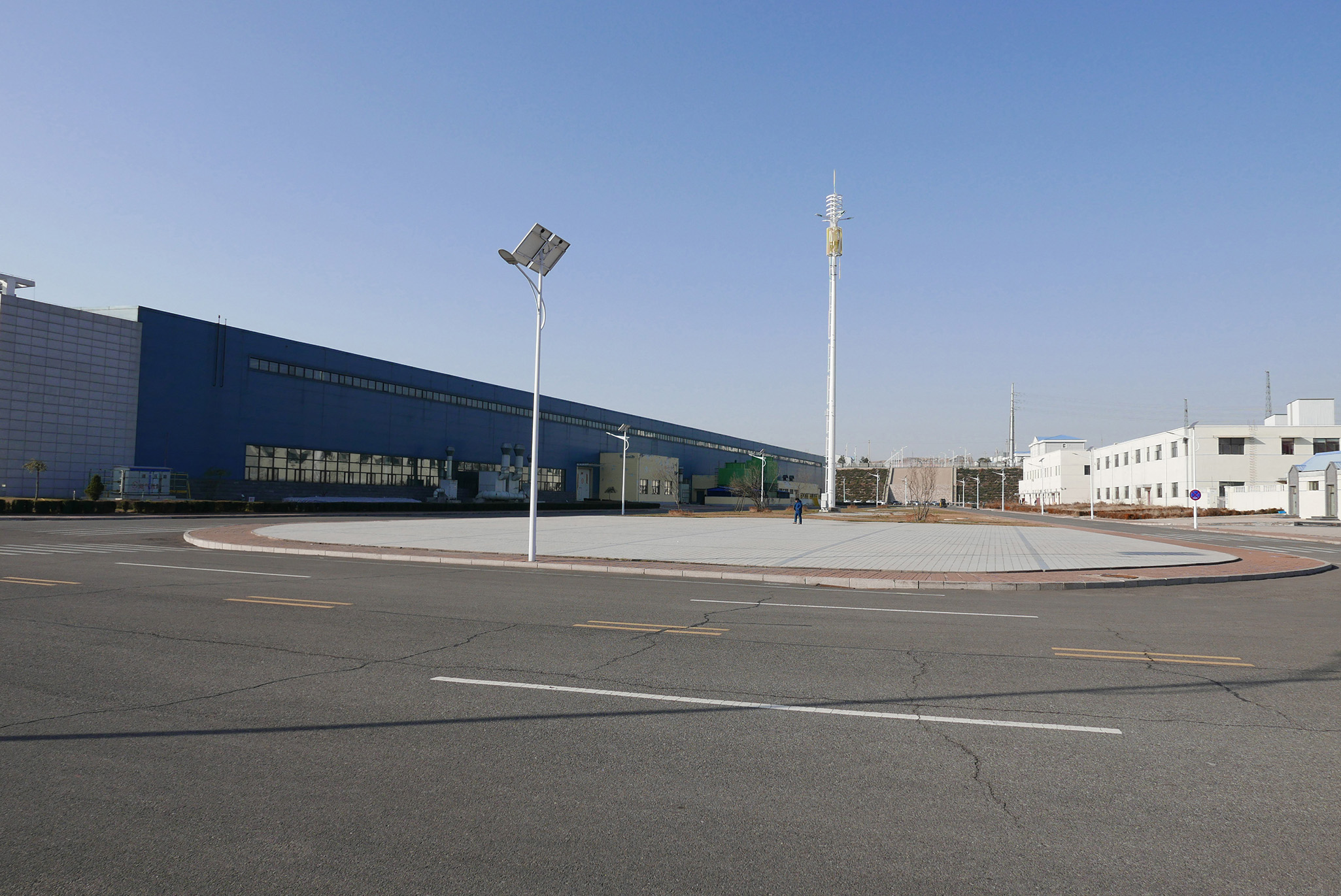Nov . 30, 2024 19:03 Back to list
Efficient Heat Exchangers for Optimal Swimming Pool Heating Solutions
The Role of Heat Exchangers in Heating Swimming Pools
Swimming pools are a source of enjoyment and relaxation, but their appeal can be diminished by chilly water temperatures. An effective solution for maintaining a comfortable swimming environment is the use of heat exchangers. These devices play a crucial role in heating swimming pools, ensuring that users can enjoy their pools year-round, regardless of the external weather conditions.
What is a Heat Exchanger?
A heat exchanger is a system designed to transfer heat between two or more fluids without mixing them. In the context of swimming pools, heat exchangers typically facilitate the transfer of heat from a heater or boiler to the pool water. The primary purpose of this device is to maximize energy efficiency while providing a continuous supply of warm water to the pool.
There are several types of heat exchangers used in pool heating systems, including plate, shell-and-tube, and spiral heat exchangers. Each type has unique characteristics and applications that can be beneficial depending on the specific heating needs of the pool.
How Do Heat Exchangers Work?
Heat exchangers work on the principle of conduction and convection. The pool water circulates through the heat exchanger, where it absorbs heat from the heated fluid, typically water or glycol, coming from a boiler or heater. As the pool water passes through the heat exchanger, it warms up and is then returned to the pool, providing a continuous flow of heated water.
The efficiency of a heat exchanger is determined by various factors, including the surface area for heat exchange, the flow rates of both fluids, and the temperature differential between them. These factors are crucial for ensuring that the pool reaches and maintains the desired temperature quickly and efficiently.
Benefits of Using Heat Exchangers for Pool Heating
1. Energy Efficiency One of the significant advantages of heat exchangers is their energy efficiency. By optimizing the heat transfer process, these systems can reduce energy consumption, which in turn lowers heating costs.
heat exchanger for heating swimming pool

2. Easy Integration Heat exchangers can be easily integrated into existing heating systems, including solar water heaters and boilers. This flexibility allows pool owners to enhance their heating solutions without a complete overhaul of their systems.
3. Quick Heating Unlike some heating methods, heat exchangers can deliver warm water quickly, ensuring that the pool reaches a comfortable temperature in a shorter amount of time.
4. Versatility Heat exchangers can be used in a variety of applications, making them suitable for both residential and commercial swimming pools. They can effectively heat large volumes of water, catering to diverse swimming environments.
5. Longevity and Durability When properly maintained, heat exchangers can have a long lifespan. They are typically made from durable materials that resist corrosion and wear, minimizing maintenance and replacement costs over time.
Choosing the Right Heat Exchanger
When selecting a heat exchanger for a swimming pool, several factors should be considered, including the size of the pool, the climate, and the existing heating system. It's essential to consult with a professional to evaluate these aspects and determine the best type of heat exchanger that meets your needs.
A properly sized and installed heat exchanger will ensure optimal performance and efficiency, providing consistent heating while keeping operational costs low. Additionally, regular maintenance checks and periodic cleaning can enhance the lifespan and effectiveness of the heat exchanger.
Conclusion
In conclusion, heat exchangers are a vital component in the heating of swimming pools. Their efficient design and operation make them an ideal choice for pool owners looking to maintain warm water temperatures throughout the swimming season. By understanding the benefits and functionality of heat exchangers, pool owners can make informed decisions that enhance their swimming experience, ensuring that every swim is a pleasure, no matter the weather. This technology not only contributes to comfort but also promotes energy conservation and sustainability, making it a compelling choice for modern pool heating solutions.
-
Centrifugally Cast Iron Water Main Pipe | Ductile Iron Solutions
NewsAug.24,2025
-
Durable Cast Steel Concrete Pipe Mold Bottom Rings & Base Trays
NewsAug.23,2025
-
Centrifugally Cast Iron Water Main Pipe for Reliable Mains
NewsAug.22,2025
-
Durable Centrifugally Cast Iron Water Main Pipe
NewsAug.11,2025
-
Centrifugally Cast Iron Water Main Pipes for Reliability
NewsAug.10,2025
-
High-Quality Centrifugally Cast Iron Water Main Pipes
NewsAug.09,2025


